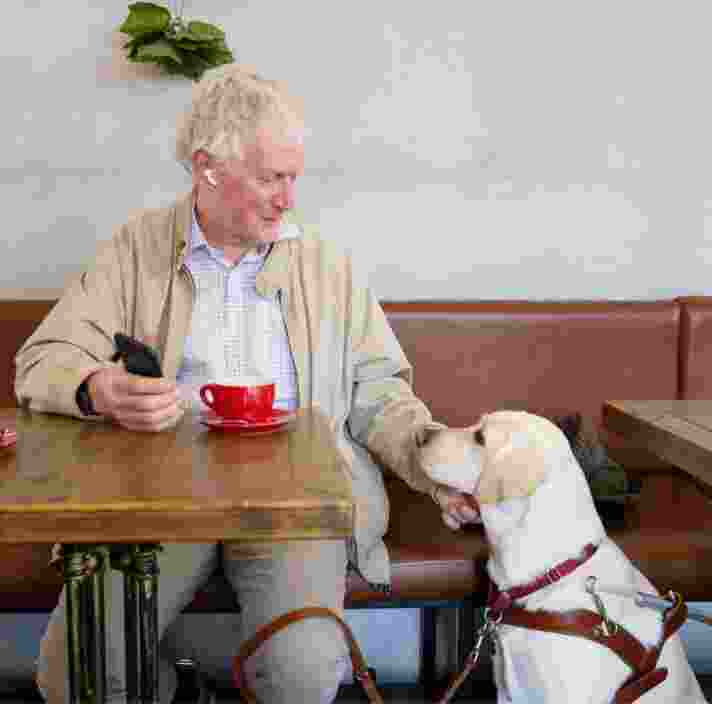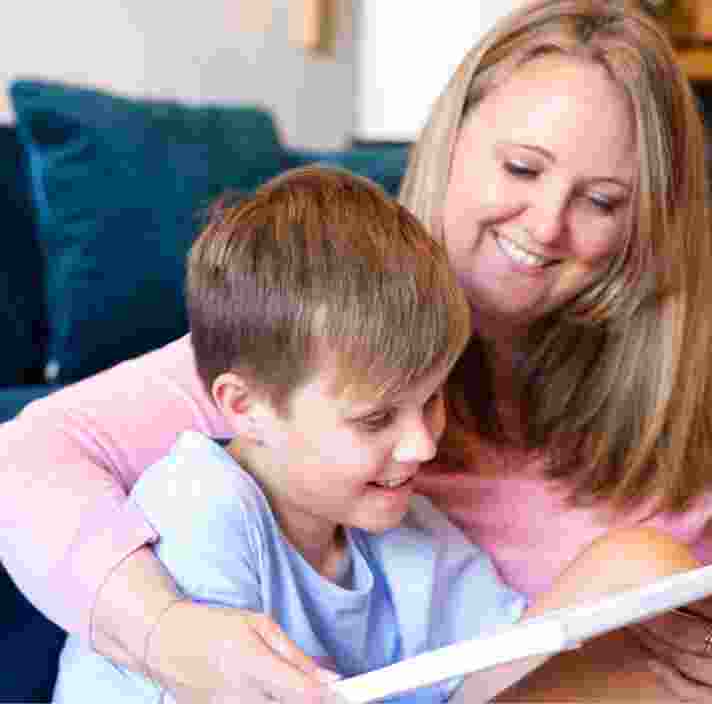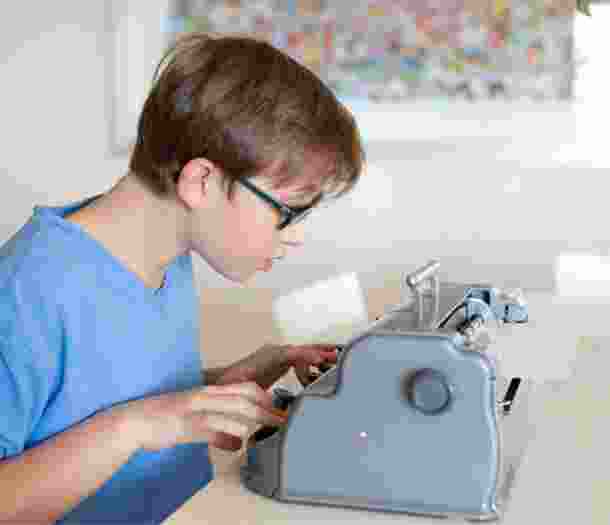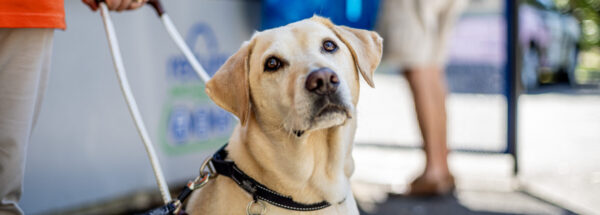What is the Low Vision Orthoptic Service?
The Low Vision Orthoptic Service supports Clients to maximise the use of their remaining vision to continue accessing information in their daily life. Perhaps you would like to read your mail, flip through the newspaper, look up the ingredients in a food item or be able to continue watching television. The Low Vision Orthoptic Service will support you to best understand your remaining vision and work towards your unique goals to make life easier when reading, watching TV, using the computer and more. Our Low Vision Orthoptic Service is available to school aged children, adults and older adults.
How will an Orthoptist assist me?
Our Orthoptists can support you by:
- Gathering information about your low vision or blindness
- Performing a ‘low vision assessment’ to determine your current level of vision function
- Spending the time to help you discover and work towards your goals related to accessing information
- Providing advice and information on how to maximise the use of your remaining vision
- Discussing and demonstrating how equipment like magnifiers might be able to help you
- Helping you identify and learn about funding options that might be available to support you to access equipment or other required services
- Educating you on the use of your magnifier or other low vision aid.
- Educating you on low vision viewing techniques and strategies.
Orthoptists can meet you at home, in the community, over the phone or using videoconferencing software.

What funding can I use to receive Low Vision Orthoptic Services?
Guide Dogs is a registered NDIS provider and My Aged Care provider. This means many people can access Low Vision Orthoptic services through their NDIS plan or Home Care package. Find out more about funding programs and supports.
We understand that sometimes people who need services may not be eligible to receive government funding. If you have low vision or blindness and you do not have access to external funding, we will support you to achieve your goals using funding provided by generous donations from the community.

How do I find out more?
We welcome referrals and enquiries from individuals, families, health professionals and community organisations.
To find further information about our Low Vision Orthoptic service, you can:

